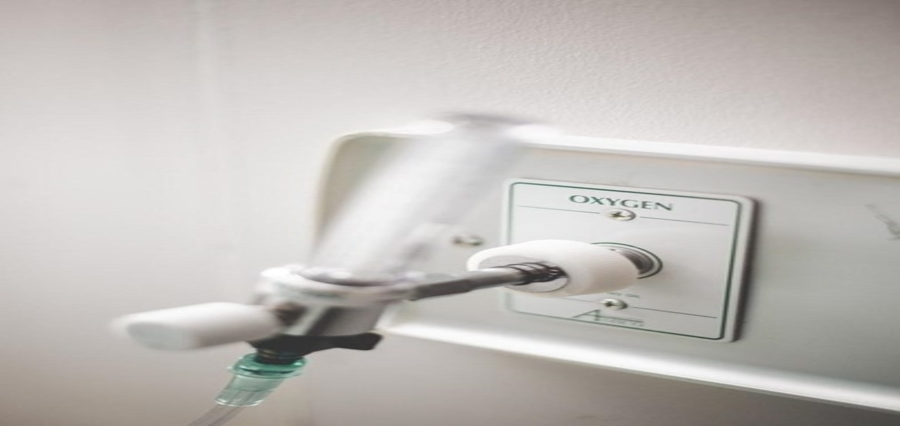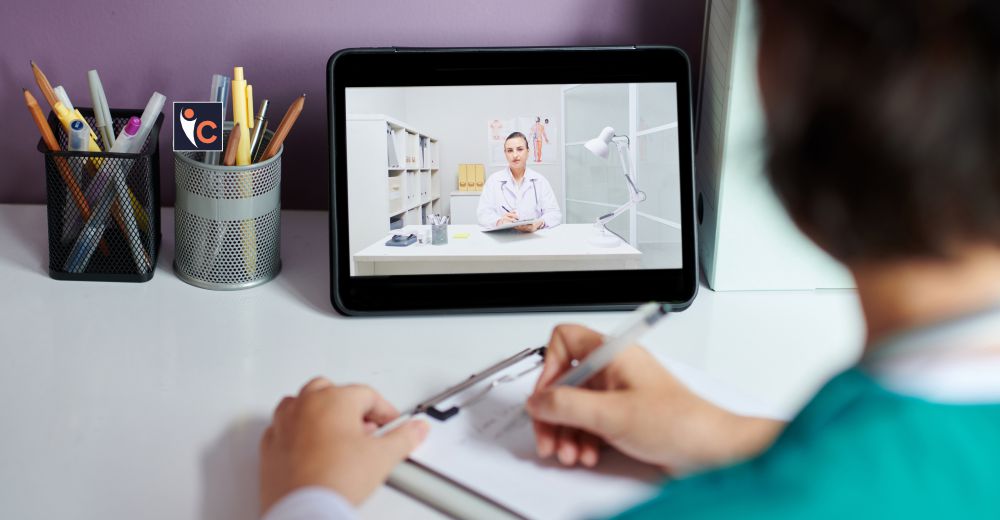Medical gas systems are an important part of many hospitals and healthcare facilities. They provide safe and reliable gas to patients and staff, ensuring that they receive the oxygen or other gasses they need. It is essential that these systems are maintained and operated properly in order to ensure safety and reliability. Here are a few ways to accomplish this:
1. Ensure Sufficient Flow and Pressure
The flow and pressure of the gas that comes out of a medical gas system should be sufficient to meet all patient needs. The oxygen content should also be high enough so that it can properly supply the body with oxygen, while still having enough left over for breathing.
It is also important to check the pressure of the gas on a regular basis in order to make sure that it is not too high or too low. If the pressure is not correct, it could cause damage to the medical gas system and disrupt its normal operation. Ensure that there is enough flow and pressure for each patient so that they can get their required amount of oxygen without running out before any other patients.
2. Proper Fitting to Avoid Leaks
It is important to check the medical gas fittings regularly and make sure they are tightened correctly to avoid leaks. If fittings are not tight, it could allow gas to escape and create a potentially dangerous situation.
If there are any signs of a leak, it should be addressed immediately. This could mean replacing worn or damaged fittings with new ones, making sure all connections are secure, and checking for holes in the pipe itself.
Leaks can also occur from loose valves that do not seal properly against their seatings when closed; this will result in gas escaping through small gaps, which may lead to an explosion if enough gas accumulates over time.
Leaks can also occur if there is a crack or hole in the pipe itself, which may allow some of the gas inside it to escape into the hospital, where people could breathe it in and suffer from carbon monoxide poisoning.
3. Reliable Alarm Support
A reliable alarm support system is essential for any hospital or healthcare facility that uses medical gas systems. This system should be able to sound an alarm if there is a problem with the gas supply, allowing staff to respond quickly and ensure the safety of patients and staff. The alarm system should also be tested on a regular basis to make sure that it is working properly. If there is a problem with the alarm, it could delay staff in responding to a potential emergency.
4. Proper Training for Staff
It is essential that staff who work with medical gas systems receive proper training. This training should include how to operate the system, how to respond to alarms, and what to do in case of a gas leak. Staff should also be familiar with the signs and symptoms of carbon monoxide poisoning so that they can identify it quickly if it occurs. Staff who are properly trained will be better equipped to handle any emergencies that may occur and ensure the safety of patients and staff.
Medical gas systems are essential to the healthcare industry because they provide patients with life-saving gasses. It is, therefore, important that these systems are maintained and operated properly in order to ensure safety and reliability.















